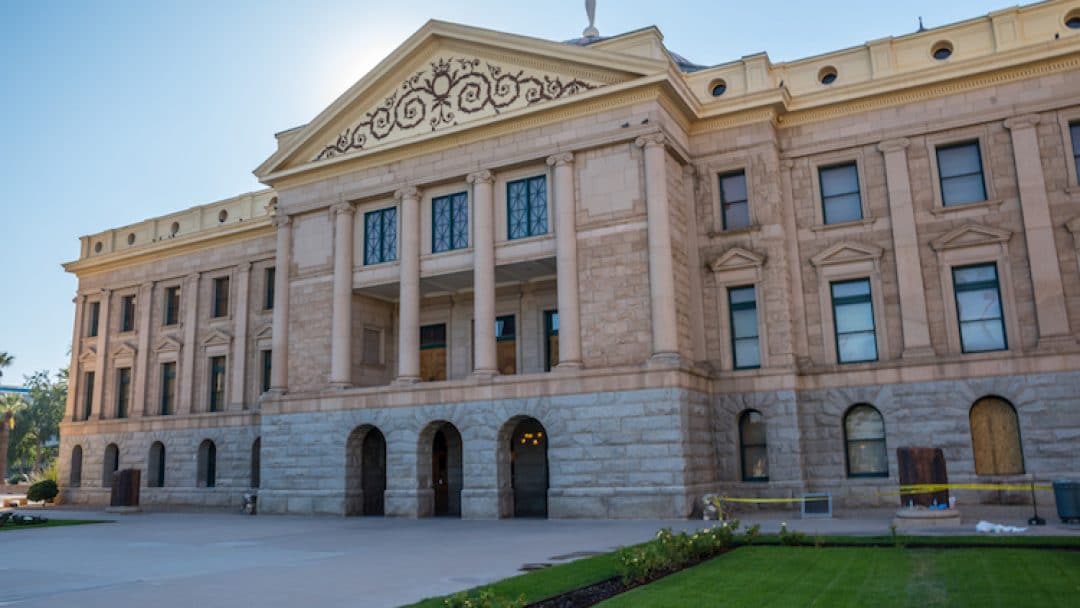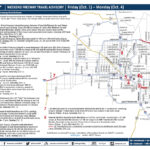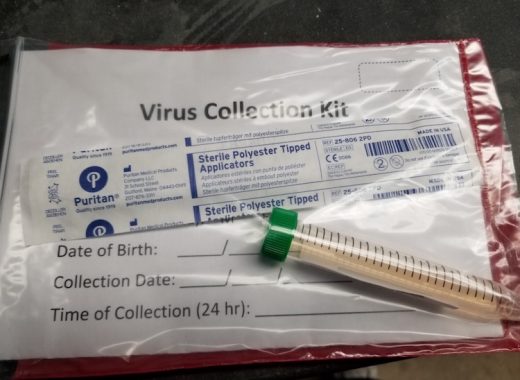The Governor signed a total of 445 bills into law, 403 of which passed with bipartisan support. A majority of these bills went into effect this week, on what is known as the “General Effective Day,” which comes 90 days after the legislative session adjourns.
Included in those bills are new laws to secure our elections, increase transparency in education, expand broadband in rural communities, protect child abuse victims and assist military families.
Below are a few of the laws that are now in effect:
Reinstatement of Some Suspended Driver’s Licenses
SB 1551 – Under the new law, people won’t lose their driver’s license if they do not pay civil traffic fines. In addition, those convicted for street racing or reckless driving will have their driver’s licenses suspended for one year, instead of getting it revoked.
Election Integrity
S.B. 1485 – One of the most significant pieces of legislation aimed at protecting the integrity of Arizona’s elections was S.B. 1485, which renames Permanent Early Voting List (PEVL) to Active Early Voting List (AEVL). Under this legislation, if a voter on the AEVL actively votes by mail, they will continue to receive an early ballot. If a voter on the AEVL does not return at least one early ballot over the course of four years (two consecutive primary elections and general elections, and any municipal elections that precede them) the voter will be sent a postcard asking if they still want to receive an early ballot.
Fines for Blocking Sidewalks
HB 2395 – It is now considered a crime to block or partially block a sidewalk with your car. Under the new law, drivers can be fined $250. The legislation is aimed at helping people who use a wheelchair.
Gun shops considered essential businesses
SB 1382 – Gun shops are now considered essential businesses. Any place that sells guns or ammunition can legally stay open during an emergency. The law also protects manufacturers, sellers and trade associations against frivolous lawsuits.
Community colleges to offer four-year degrees
SB 1453 – Community colleges can now offer four-year degrees for certain programs.
Sex Education – Sponsored by Representative Gail Griffin
H.B. 2035 – Codifies into law the curriculum transparency and parental notification measures included in Executive Order 2021-11, which Governor Ducey issued on April 20. The legislation provides parents with an opportunity to participate in, review, and provide input on any proposed sex education course of study before it is adopted. This legislation also prohibits sex education from occurring in kindergarten through fourth grades.
Broadband Bill – Sponsored by Representative Regina Cobb
H.B. 2596 – Allows private broadband providers to install, operate and maintain telecommunications equipment within the Arizona Department of Transportation’s (ADOT) rights-of-way. It also allows ADOT to grant access to its own broadband conduit to private telecommunications companies in a non-exclusive and non-discriminatory manner — reducing the cost of installing rural broadband infrastructure.
Early Literacy Initiative – Sponsored by Senator T.J. Shope
S.B. 1572 – Requires all schools to provide notification, intervention plans, and regular updates to parents of children who have an identified reading deficiency, so that they can work as a team to get kids on track. It also requires the State Board of Education to adopt a statewide kindergarten entry evaluation so that teachers will know where each student is starting out and have an important tool for targeting support.
Reforms to Military Family Relief Fund – Sponsored by Senator Sonny Borrelli
S.B. 1443 – Allows service members, who have established residency in Arizona, provide proof of continuous physical presence in Arizona for at least 12 months before applying and meet other statutory requirements, to be eligible for assistance from the Pre-9/11 and Post-9/11 Subaccounts.
Justice for Victims of Child Sexual Abuse – Sponsored by Senator Paul Boyer
S.B. 1660 – In 2019 Governor Ducey established the Justice for Victims of Child Sexual Abuse Task Force to provide recommendations to the state for further reforms to ensure victims are entitled to safety, healing, justice and restitution. One of these recommendations was S.B. 1660, which requires the Department of Child Safety (DCS) ensure a child who is eight years of age or older receives materials and resources about sexual abuse, child sex trafficking and exploitation within 30 days of placement in out-of-home care. It further outlines requirements and guidelines for the materials and resources about sexual abuse, child sex trafficking and exploitation. And finally, requires the clerk of the court to compile an annual report on the number of civil actions filed regarding allegations of sexual conduct or contact committed against a minor.








